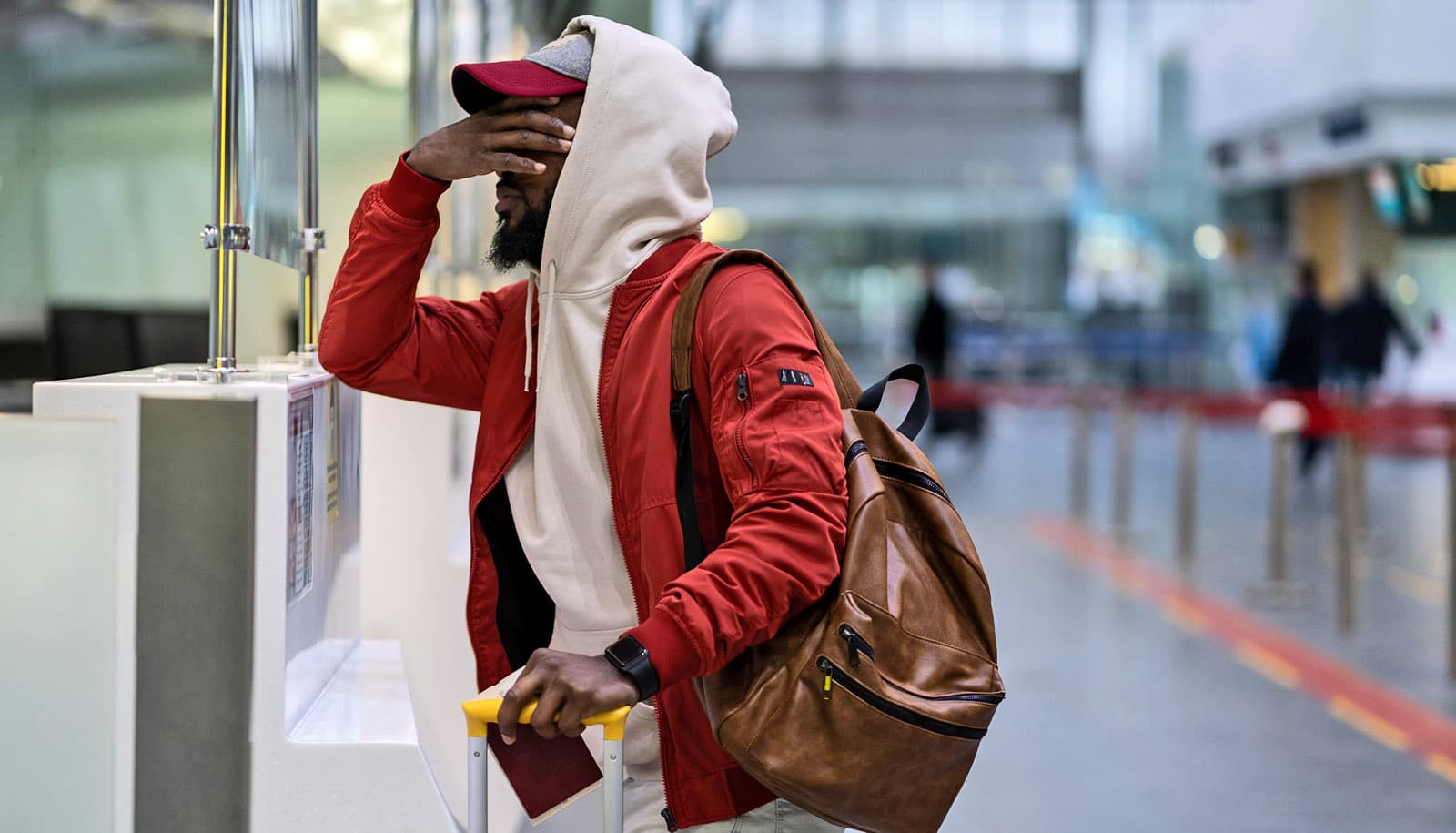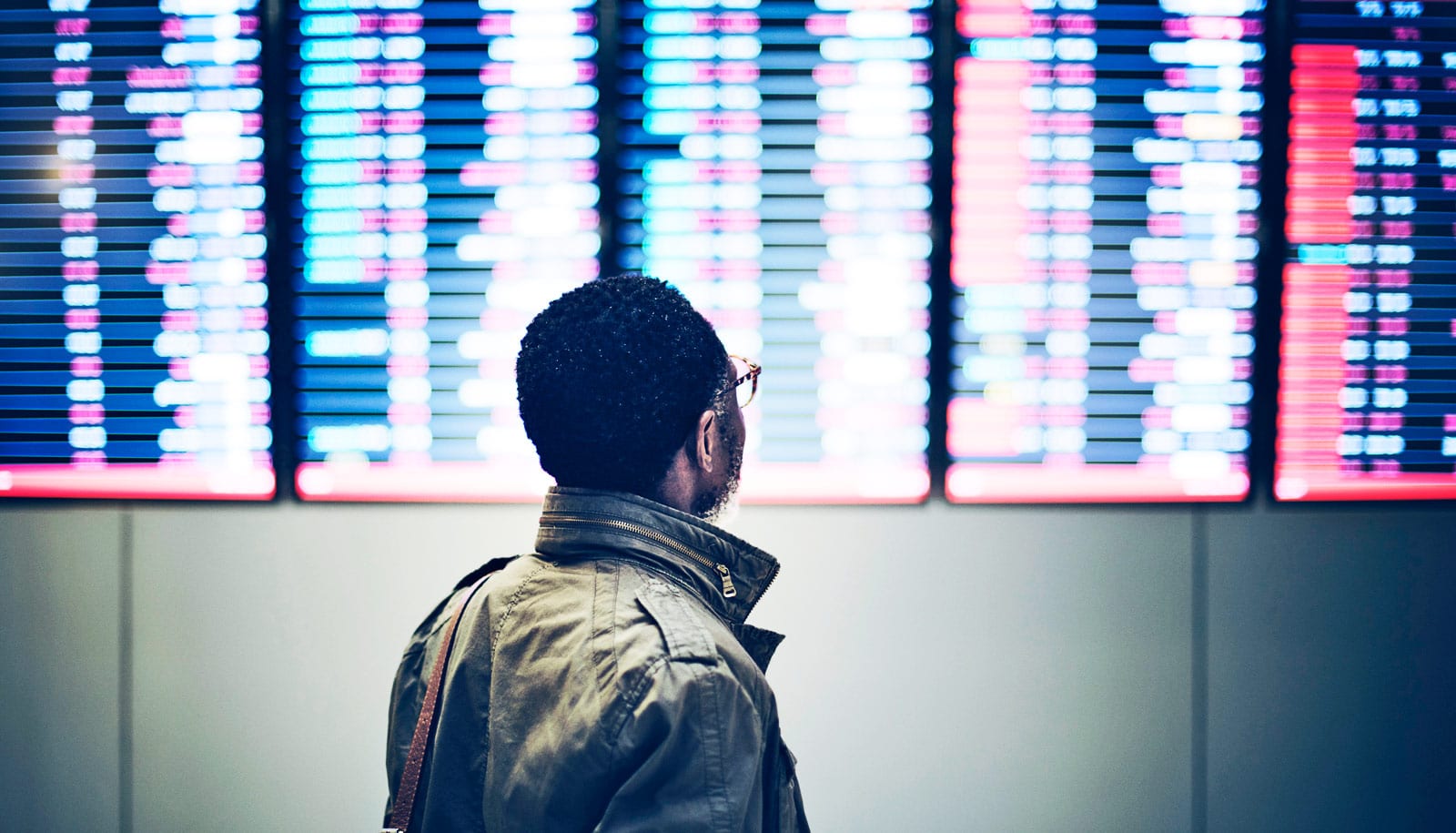Researchers used artificial intelligence to identify where airlines fall short in terms of customer satisfaction and what they can do to improve flying.
The name of the game is customer satisfaction, especially in the airline industry where companies are constantly jockeying for business by promising better service than their competitors.
Sharan Srinivas, an assistant professor with a joint appointment in the industrial and systems engineering department and marketing department at the University of Missouri used AI to analyze nearly 400,000 unique, publicly available customer reviews of six airline companies throughout the United States.
After sorting through the customer reviews information, he developed algorithms that identified the most common themes discussed in the reviews and then determined the customer’s sentiment (positive or negative) toward each of the identified themes, allowing airlines to potentially gain a better understanding of their customers’ perspective and experience.
The results, published in the Annals of Operation Research, showed most of the negative feedback involved lost luggage, uncomfortable seating, and flight cancellations; while customers felt most positively about in-flight entertainment, ground and cabin staff service, and service in first- and business-class seating.
Based on this feedback, Srinivas posited 11 recommendations to improve the customer experience:
- Implement more flexible seating arrangements to improve comfort.
- Automate the disinfecting process for bathrooms in the plane.
- Redesign overhead baggage bins.
- Implement a more personalized cabin environment through seat height and temperature adjustment capabilities.
- Use analytical models to optimize flight schedules and time buffer between flights.
- Use an artificial intelligence-based approach to monitor equipment health.
- Introduce a more flexible booking policy (i.e., no cancellation charge, no change fee, upfront information about costs).
- Provide ticketing agents with better task clarifications, performance-based feedback, and social praise to better improve morale and interactions with customers.
- Install more accurate luggage tracking systems by using RFID tags in lieu of regular barcode tags.
- Provide more frequent and automated baggage-related updates to passengers’ phones.
- Use biometrics and blockchain technology to remove the need to present several identification documents at multiple checkpoints. This would eliminate the need for passengers to show a boarding pass, passport, and ID.
Airlines can use this information to determine their next steps as a company, Srinivas says.
“The ultimate goal is to help inform these airlines about what the customer is actually thinking,” Srinivas says. “It’s impossible to hear every customer and potential customer’s voice, especially for bigger airlines, but our software and recommendations will significantly assist the airlines in thinking about things from a consumer perspective.”
A 2017 incident involving United Airlines inspired Srinivas to pursue this research.
A United Airlines security representative dragged a passenger off a plane when he refused to leave because the flight was overbooked. United Airlines officials said they chose the passenger at random, yet the amount of outrage that poured in via customer review and on social media was staggering.
Consequently, it was challenging for United Airlines to sift through all the customer feedback. Srinivas says the new study’s AI software would allow companies like United Airlines to sort through customer feedback and more quickly respond to issues when they arise.
“Using our proposed approach could allow companies to digest textual information in a much more automated and streamlined manner,” Srinivas says. “Without an automated process, it would be much more challenging and time consuming to look at each individual review and come away with something that airlines can use to improve their business.”
While stakeholders and employees may have a better understanding of how the business works, Srinivas says that when it comes to the product—air travel in this case—knowing your customers is key.
“The users of a product are the ones that can give you the best insight on what needs to be improved,” Srinivas says. “They are the target audience. They are the ones using the product with limited bias and there’s a lot of untapped insight in what they are saying.”
Srinivas has used different versions of artificial intelligence to track customer approval in many different industries, including insurance, adaptive clothing, and colleges. Srinivas says it can be used to interpret doctor’s notes and patient reviews as well.
Source: University of Missouri


